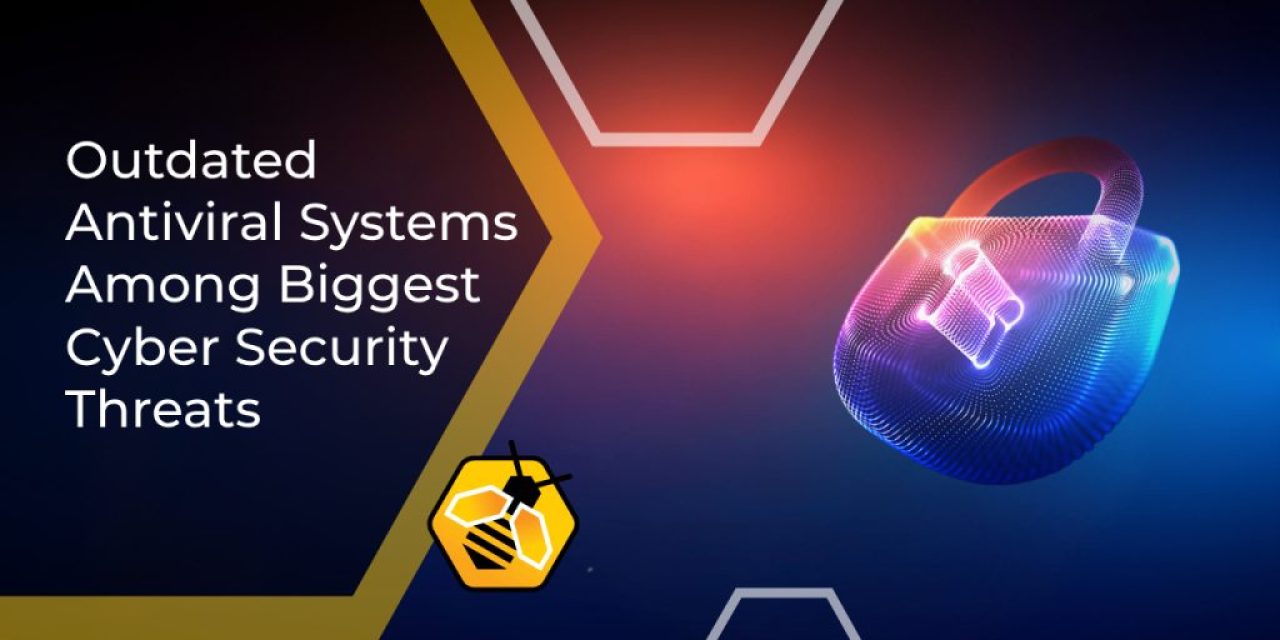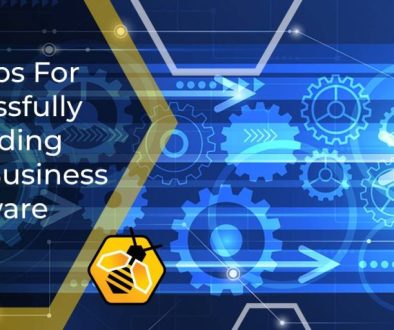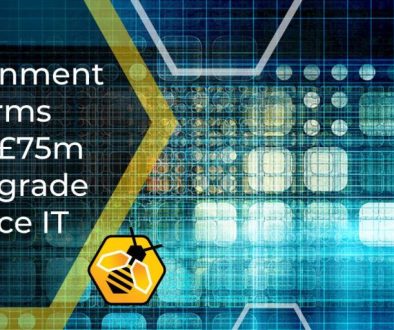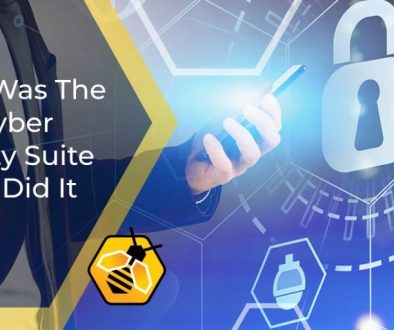Outdated Antiviral Systems Among Biggest Cyber Security Threats
The majority of, if not all, homes and businesses have anti-virus systems on their computers these days, which they hope will protect against any cyber security attack they may be subject to.
However, in some cases, this may not be enough to stop hackers tapping into their system and hijacking their data, which is why outdated antiviral systems will be among the biggest cybersecurity threats by 2030.
Cybersecurity threats ahead
The European Union Agency for Cybersecurity (ENISA) gave its predictions about what it thinks will be the top ten emerging online risks by the end of the decade.
The list was determined following eight months of brainstorming in a Threat Identification Workshop, with the group hoping that having foresight into the challenges ahead could help them find solutions to the problems before they emerge.
Executive director of ENISA Juhan Lepassaar said: “The mitigation of future risks cannot be postponed or avoided. That is why any insight into the future is our best insurance plan.”
He added: “It is our responsibility to take all measures possible upfront to ensure we increase our resilience over the years for an improved cybersecurity landscape in 2030 and beyond.”
The digital landscape is constantly changing, which is why trying to predict what will happen in a few years’ time is both challenging as well as essential, as it will protect the safety of individuals and businesses.
Why are out-of-date systems a risk?
The ENISA Foresight Expert Group, along with the CSIRTs Network and the EU CyCLONe experts, concluded that one of the biggest risks will be the exploitation of unpatched and out-of-date systems.
As there are so many technological advancements all the time, it is easy to forget to update computer software to keep up with them. However, by neglecting to do this, the hardware becomes more vulnerable to cyber attacks.
These days, everyone holds a significant amount of personal information on their smart devices, in particular. Therefore, by not updating the software when prompted, this could mean users are leaving themselves open to be hacked into.
It enables hackers to pursue targeted attacks on smart device data, as they can gain access to so much simply by tapping into the phone or tablet.
A significant number of businesses use smart devices these days, which means employees could be putting private corporate data at risk by not making sure their cyber security and operating system are up to date.
Even with the increasing awareness about cyber attacks, lots of people still do not refuse access to personal data when installing new apps.
The statistics from Uswitch revealed 38.4 per cent usually refuse but not always, 23.5 do not refuse access but might do in the future, 4.6 per cent never refuse and never will, 6.3 per cent did not even know it was possible to block access to private data, and 9.5 per cent do not know how.
This shows how many people are putting their data at risk without even knowing it.
What are the other threats to cyber security?
As well as outdated systems, ENISA detailed nine other threats to cybersecurity, which could pose a huge problem by 2030.
These included the rise of digital surveillance, which is intended to protect people, but could actually lead to a loss of privacy and data security.
Human error will also play a big part, particularly when the critical infrastructure is not properly secured. Someone not updating the system, not refusing access to personal data, or simply opening a fake email could lead to a cyber attack.
There is also concern about a skills shortage in the cybersecurity industry, as there is not enough talent to cope with the problem of online attacks. As more and more threats occur, the demand for experts who can block these will continue to rise. However, without people training in the field, a skills gap will emerge.
Artificial intelligence (AI) is also thought to be a substantial threat to cybersecurity. Although AI could be very useful to society, abuse of the technology could result in people manipulating information and gaining access to data. What’s more, if everything becomes computerised, the impact of an AI attack could be disastrous.
Therefore, it is likely AI could result in more criminal activity, including cyber attacks.
That is why companies who want to make sure they have everything in place to protect themselves against the growing threat of hackers should invest in cyber security services. This ensures their private data, including confidential business information and personal details of employees or clients, will not get into the wrong hands.




